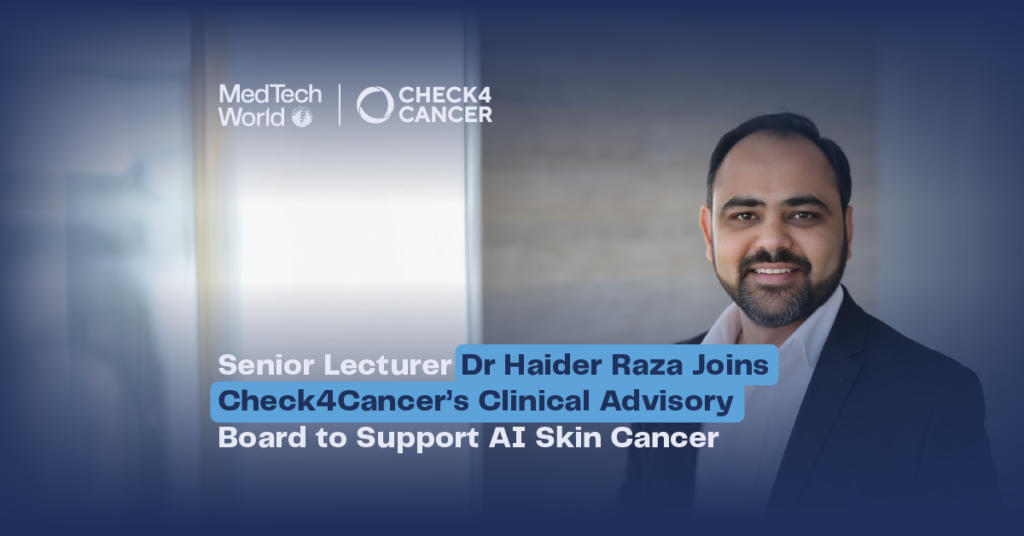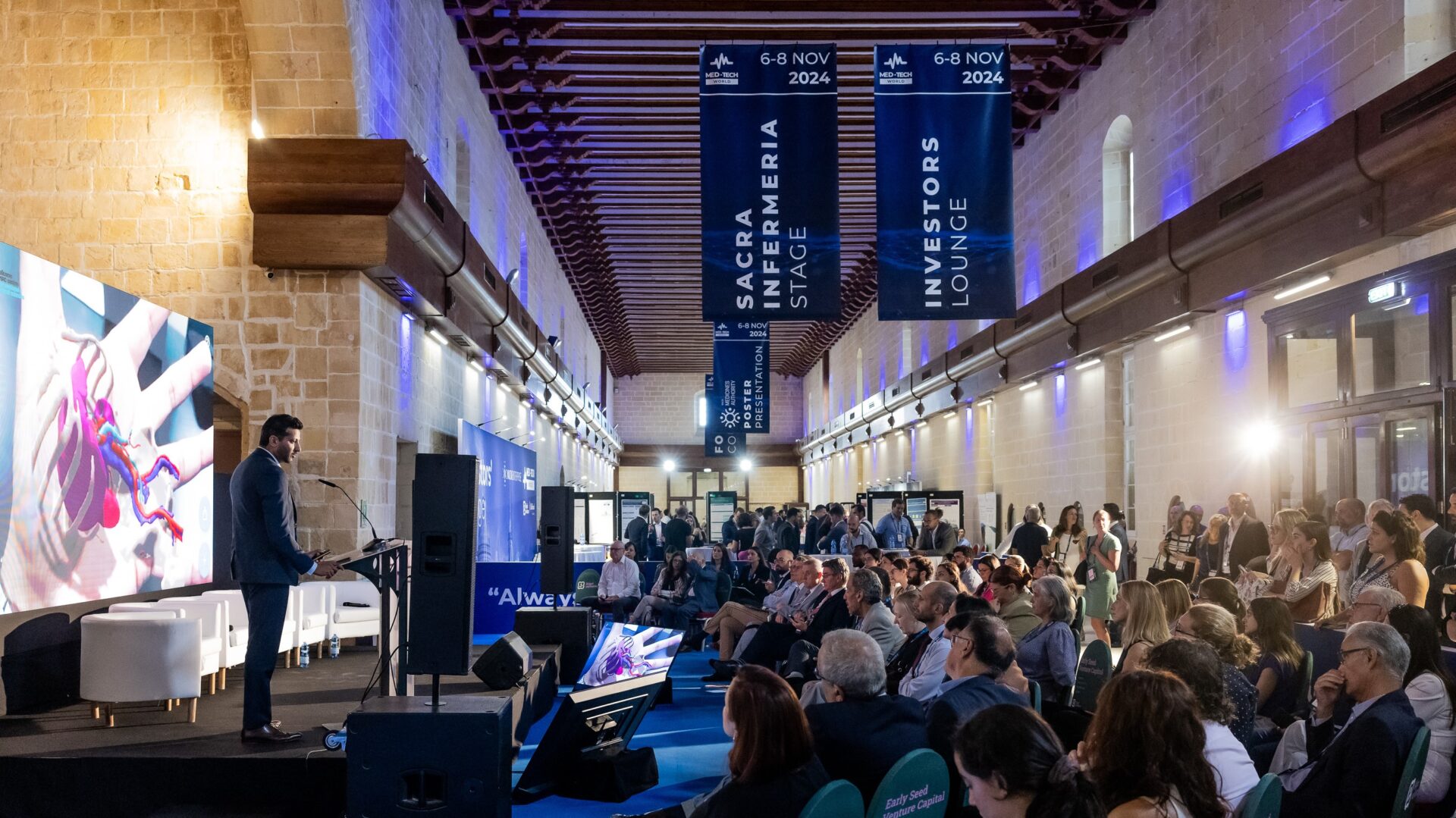
Matthew Calleja
26th June 2024
MedTech Startups: Collaboration is the Name of the Game
“Community-building must remain a core motivation behind what we do. It’s why we’re at this conference—paving the way, inspiring and reducing the need for entrepreneurs to take risky leaps alone.”
Timothy C. Harvey – CEO and Co-Founder, Owl Peak Labs
They say being a CEO or Founder can be lonely at the top, but is this solitude healthy for your startup? At MedTech Malta, experts explored the collaborative needs essential for startup success. They emphasised that while no one succeeds alone, fostering collaborative environments is crucial for transforming ideas into thriving ventures.
Building a startup means collaboration
Last year, experts gathered at the Mediterranean Conference Centre in Valletta for MedTech Malta, sharing insights on all things MedTech with delegates from around the world. One major topic was the collaborative effort required to build a successful MedTech startup, offering valuable lessons for both veteran and budding entrepreneurs.
The panel titled It Takes a Village to Build a Startup was moderated by Timothy C. Harvey, CEO and Co-Founder of Owl Peak Labs. Timothy, whose company focuses on improving colorectal cancer detection using A.I. and sensing technology, is also an operating partner with a venture firm.
He works with many tech and biotech companies, guiding them from development to growth. Known for solving complex problems with tenacity and simplicity, Timothy is dedicated to creating technology that addresses critical human needs.
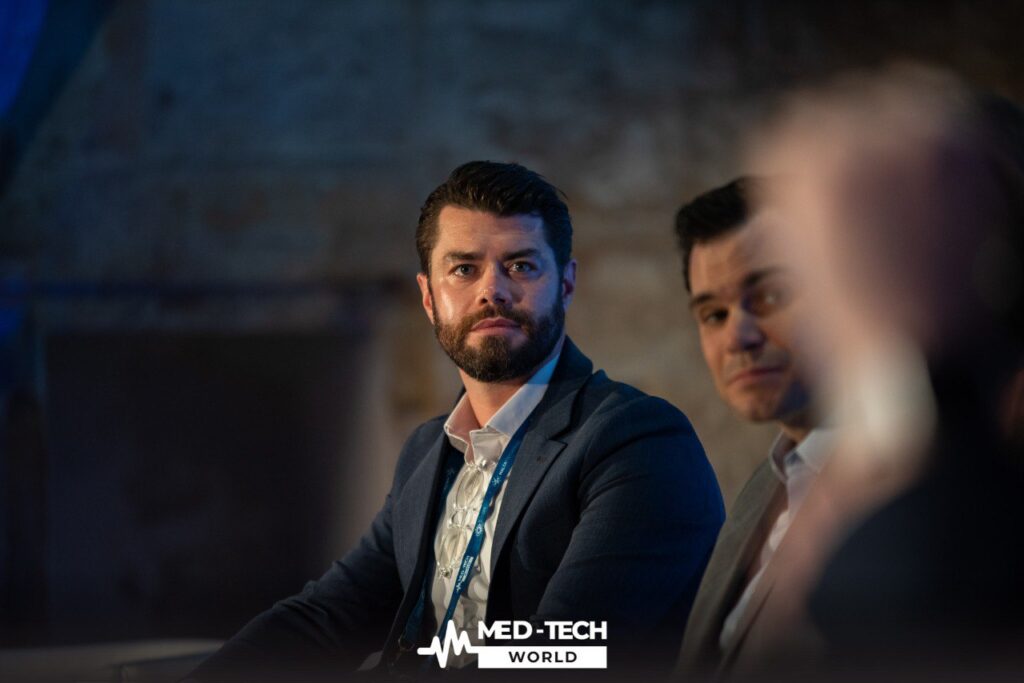
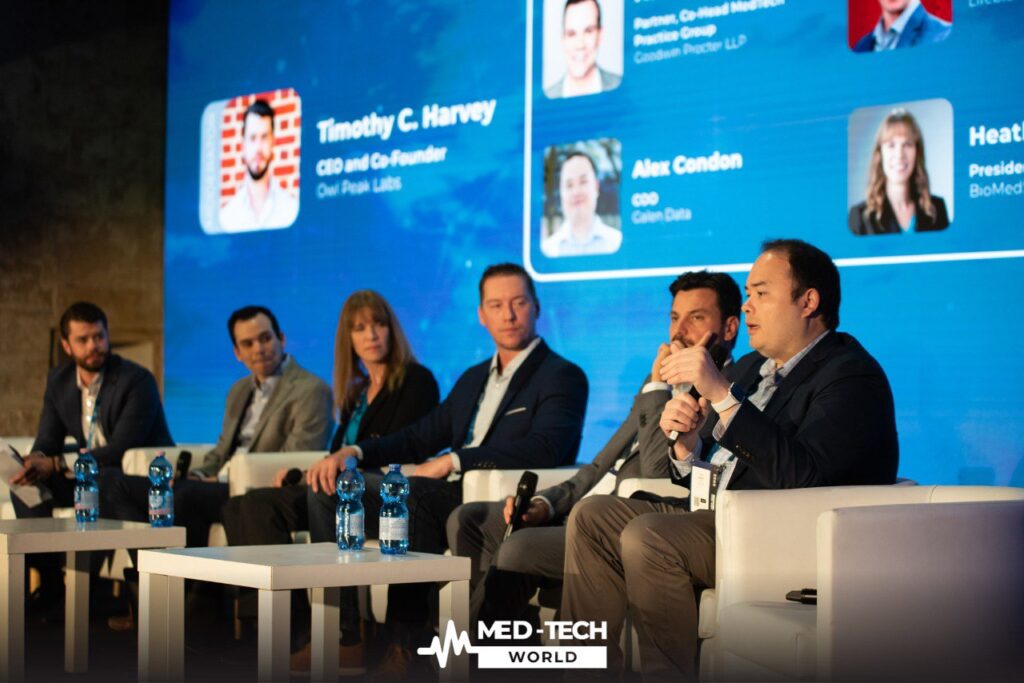
For the panel, he was joined by fellow experts and executives:
- Martin Gomez – Partner at Goodwin Procter LLP
Martin co-leads the firm’s MedTech and Artificial Intelligence practice areas, bringing special expertise in intellectual property matters.
- Alex Condon – COO at Galen Data
Alex is passionate about growing Houston into a stronger medical device and digital tech hub. Outside of work, he enjoys hiking, baseball history, basketball, tiki bars, and road trips.
- Joseph Synder – Co-Founder and Principal of Lifeblood Capital & Talent
Joseph has a background in business development, having directly led and scaled startup companies both internally and as an external consultant.
- Heather Hanson – President of BioMedSA
Heather is a highly motivated executive with a diverse engineering background, dedicated to driving continuous improvement and facilitating change.
- Cristiano Fontana – CEO and Founder of Three Bridges M&C and Head of Advisory at Lifeblood
For Cristiano, the lifeblood of a startup lies in its “people” who drive growth and the “money” that fuels progress.
Motivations need sharing across the board
Harvey began the panel by acknowledging the inherent challenges in building any company, especially in the MedTech sector. He highlighted the importance of ecosystem building for the regional and global development of medical devices. Harvey then expressed his curiosity about the panellists’ motivations and which parts of the ecosystem they found most critical.
Turning to Alex Condon, the COO shared insights on the complexities companies face regarding intellectual property and legal matters.
“Service providers fill crucial gaps and act as business advisors, enabling companies to focus on their core activities while we handle market potential analysis, financial projections, and fundraising strategies.”
Condon also drew parallels to the commercial space, where companies outsource to third parties, suggesting a similar approach could be beneficial for medical devices.
Cristiano Fontana offered valuable advice from the perspective of early-stage fundraising.
“Early-stage companies often struggle with limited resources. We step in to fill these gaps, providing the expertise needed to unlock market potential, refine financial projections, and master fundraising strategies.”
He underscored the importance of building trust and strong relationships within the industry, as well as the necessity of continuous support due to the perpetual need for resources.
Harvey concluded the discussion by highlighting the perpetual need for more resources and the importance of building trust and strong relationships with service providers and within the industry. He humorously remarked that the need for resources is always immediate, spotlighting the importance of timely and reliable support.
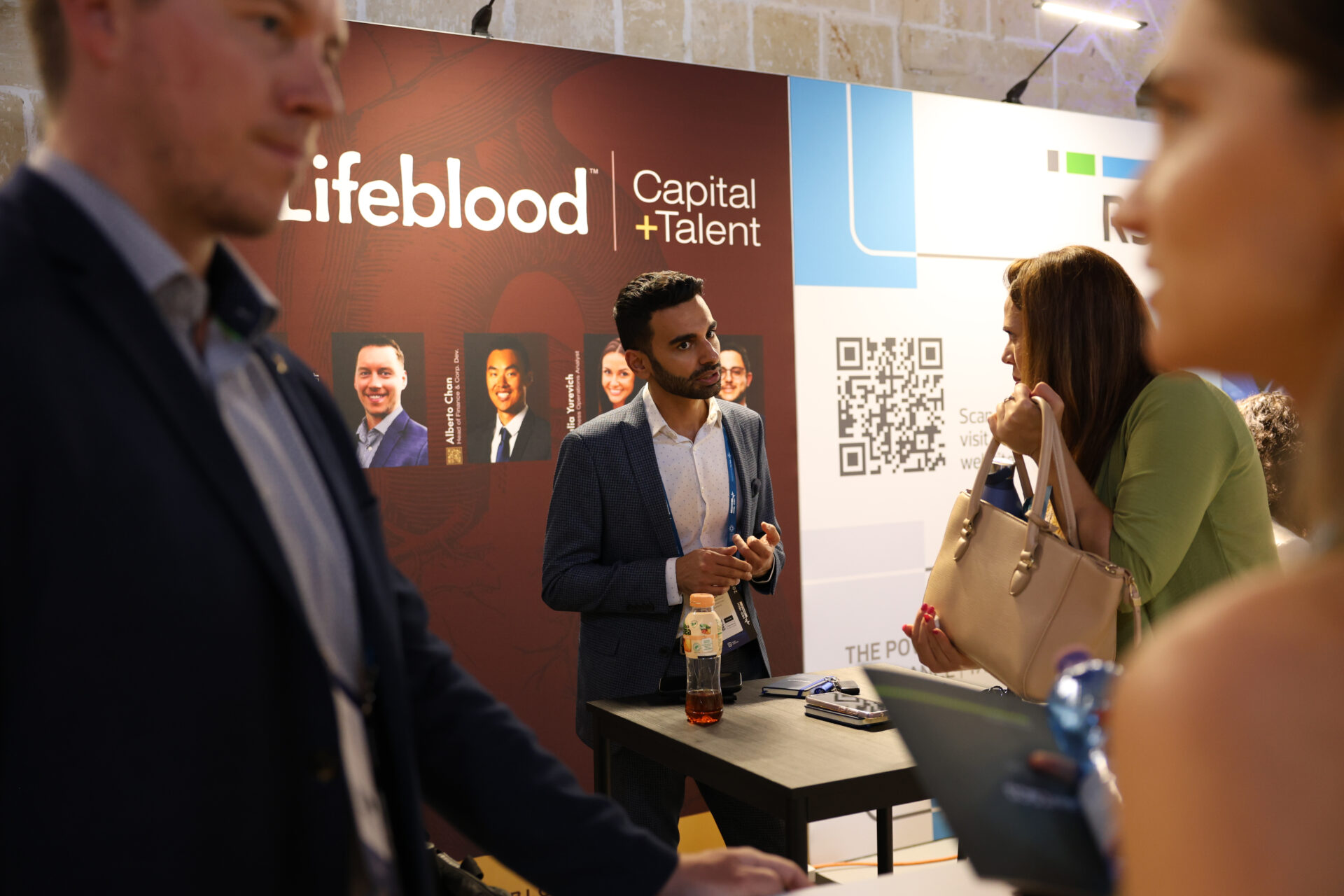
Developing the regional ecosystem
Harvey took note of the critical role of regional ecosystem development in accelerating MedTech innovation. He mentioned how collaborative environments, like those in Charlottesville, Virginia, play a significant part in early-stage development despite the challenges.
Heather Hanson shared her experiences from San Antonio’s biomedical space, where collaboration is key.
“There’s personal satisfaction in helping others, especially when competitors unite for the common good. Personally, I thrive on supporting these unique collaborations.”
Martin Gomez added that service providers should be seen as extensions of the startup team.
“Shared passion and commitment are vital. In the MedTech industry, knowing my efforts directly impact patient lives motivates me. This passion drives better outcomes for our clients.”
Harvey wrapped up by highlighting that the presence of experts at the conference is a testament to their community-building efforts. Their willingness to share insights and support others helps pave the way for future innovators, reducing uncertainties for new startups.
Navigating company development lifecycles
Fontana described the complexity of company development and the crucial role of advisory services like Lifeblood Capital in filling gaps across various business needs from inception to M&A stages. He stressed that engaging with such services is beneficial at any stage due to ongoing challenges like managing IP, organisational growth, and securing funding.
Joseph Snyder echoed this sentiment, stressing the importance of early engagement with service providers.
“Establishing relationships and seeking advice early helps founders navigate uncertainties and leverage networks effectively, beyond just seeking funding.”
Hanson stressed the critical role of networking across all company stages. She advised startups to cultivate relationships proactively to streamline processes like research and testing, reducing time and effort during critical phases.
These insights collectively underscore the value of advisory services throughout the MedTech startup lifecycle, from initial ideation to scaling and beyond, emphasising proactive relationship-building and strategic engagement as key success factors.
Stay ahead in MedTech!

Keep informed with the latest perspectives, overviews, and news. Bookmark our page, subscribe to our YouTube Channel, and sign up for our Newsletter to stay in the loop!


